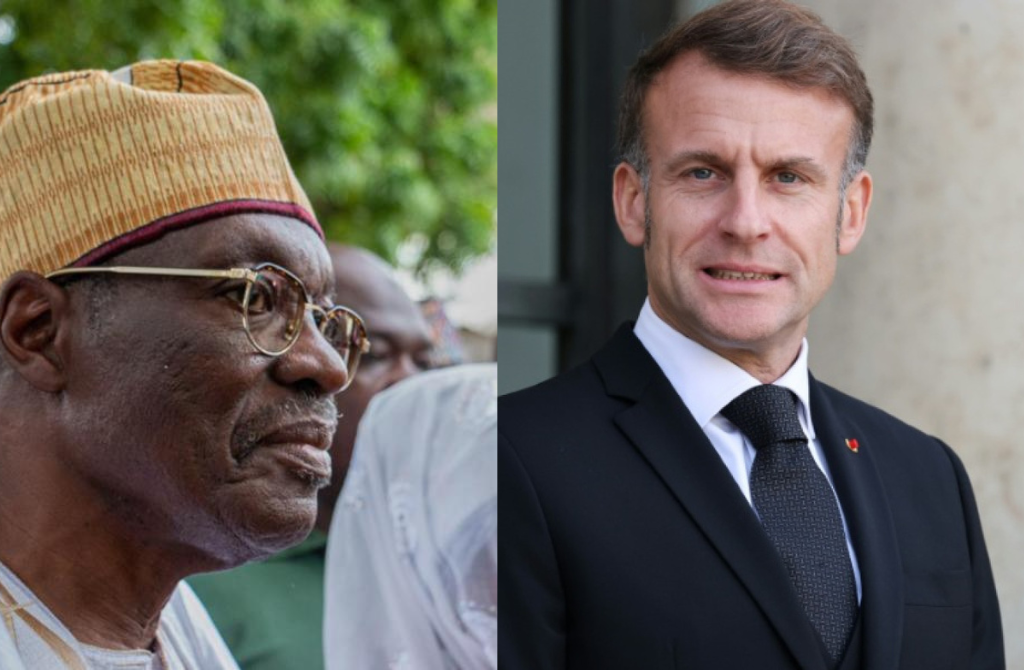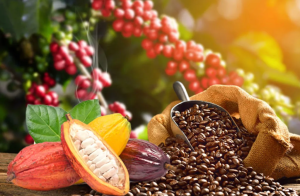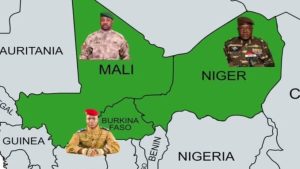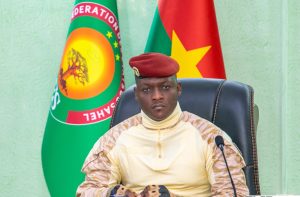Cameroon / Post-election crisis: How imperialists are attempting to repeat the 2010 Ivorian scenario on Cameroonian soil

Cameroon stands at a decisive juncture in its history. Following the official proclamation of the October 12, 2025 presidential election result, confirming the victory of Paul Biya, calls for protests orchestrated by Issa Tchiroma Bakary and his external supporters have multiplied. Behind the slogans of justice and democratic change lies an alleged meticulously crafted plan to plunge the nation into chaos, reminiscent of the Ivorian tragedy of 2010.
Credible reports indicate that the legal team of Issa Tchiroma is financed and directed from Paris.
This blatant interference is not incidental; it fits a well-known pattern of political manipulation to reassert control over African states increasingly affirming their sovereignty.
The playbook is familiar: provoke deadly violence, attribute the crimes to the national army, and subsequently justify a so-called “humanitarian intervention.”
This cynical plan, if realized, could cost the lives of thousands of innocent Cameroonians.
It aims to create confusion, pit the people against their own institutions, and install a puppet leader subservient to foreign powers.
Already, the lawyers of Tchiroma are invoking the International Criminal Court (ICC), laying the groundwork for an international campaign against the Cameroonian state.
A critical question arises: why has France not supported Maurice Kamto, a major opposition figure? The answer appears simple: despite his disagreements with the regime, Kamto has never accepted directives from the Élysée.
Paris has instead bet on a more malleable actor, willing to play the dangerous game of proxy recolonization.
Today, the Cameroonian people must demonstrate vigilance and maturity. Recent African history teaches us that no revolution directed from abroad has ever brought peace or prosperity. The nation must refuse to become an instrument of obscure interests.
Marc ASSEU






